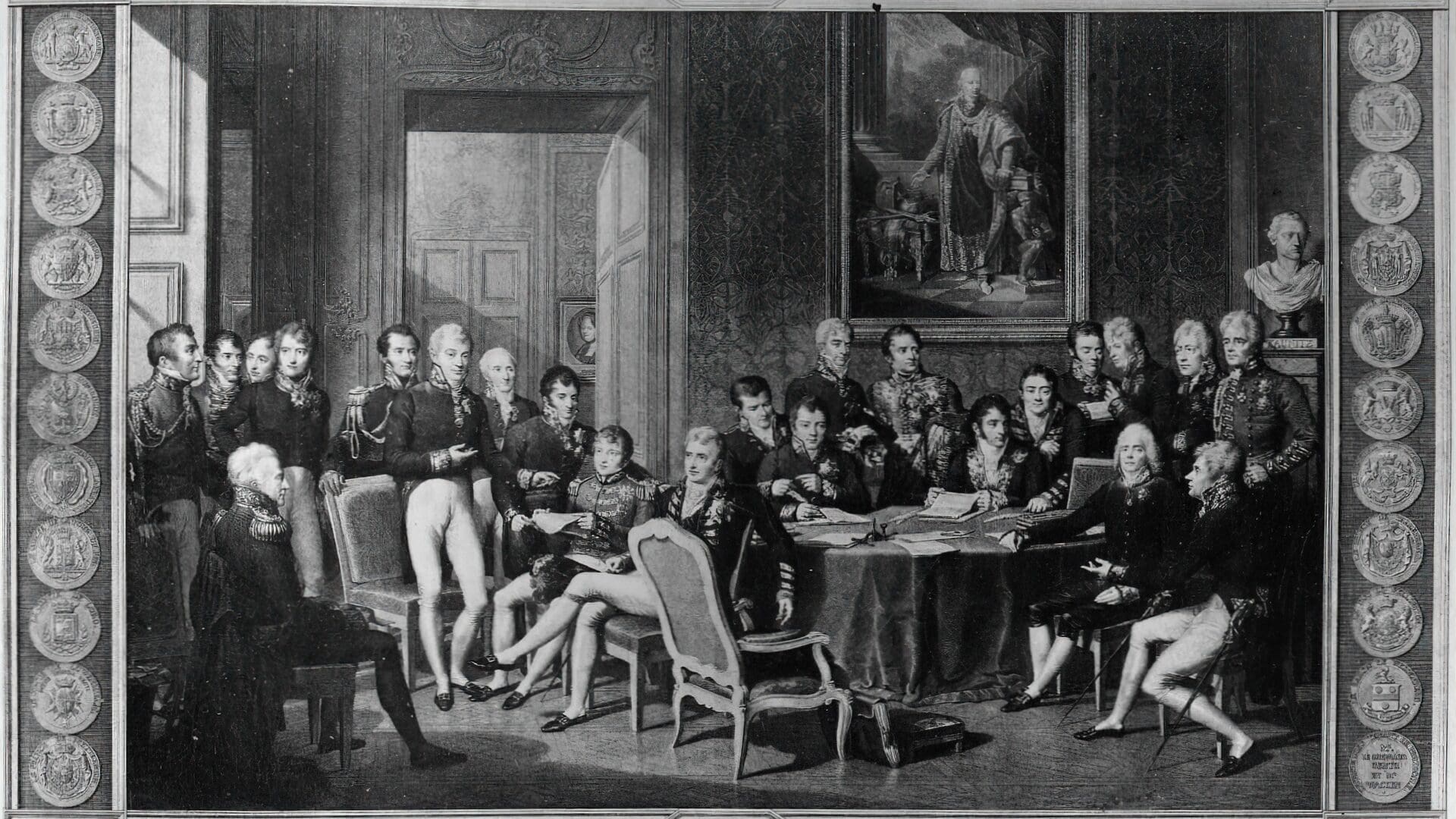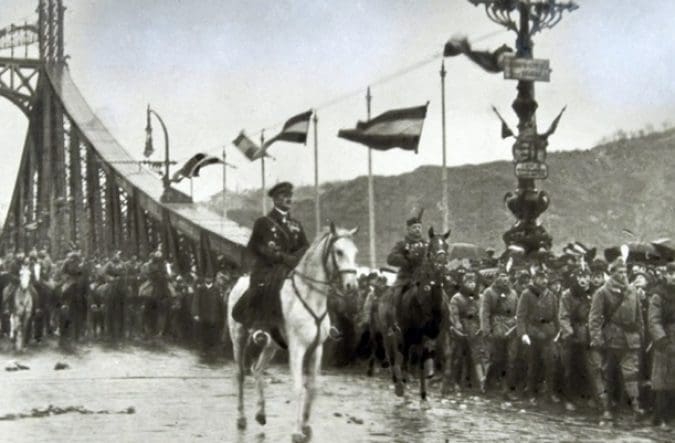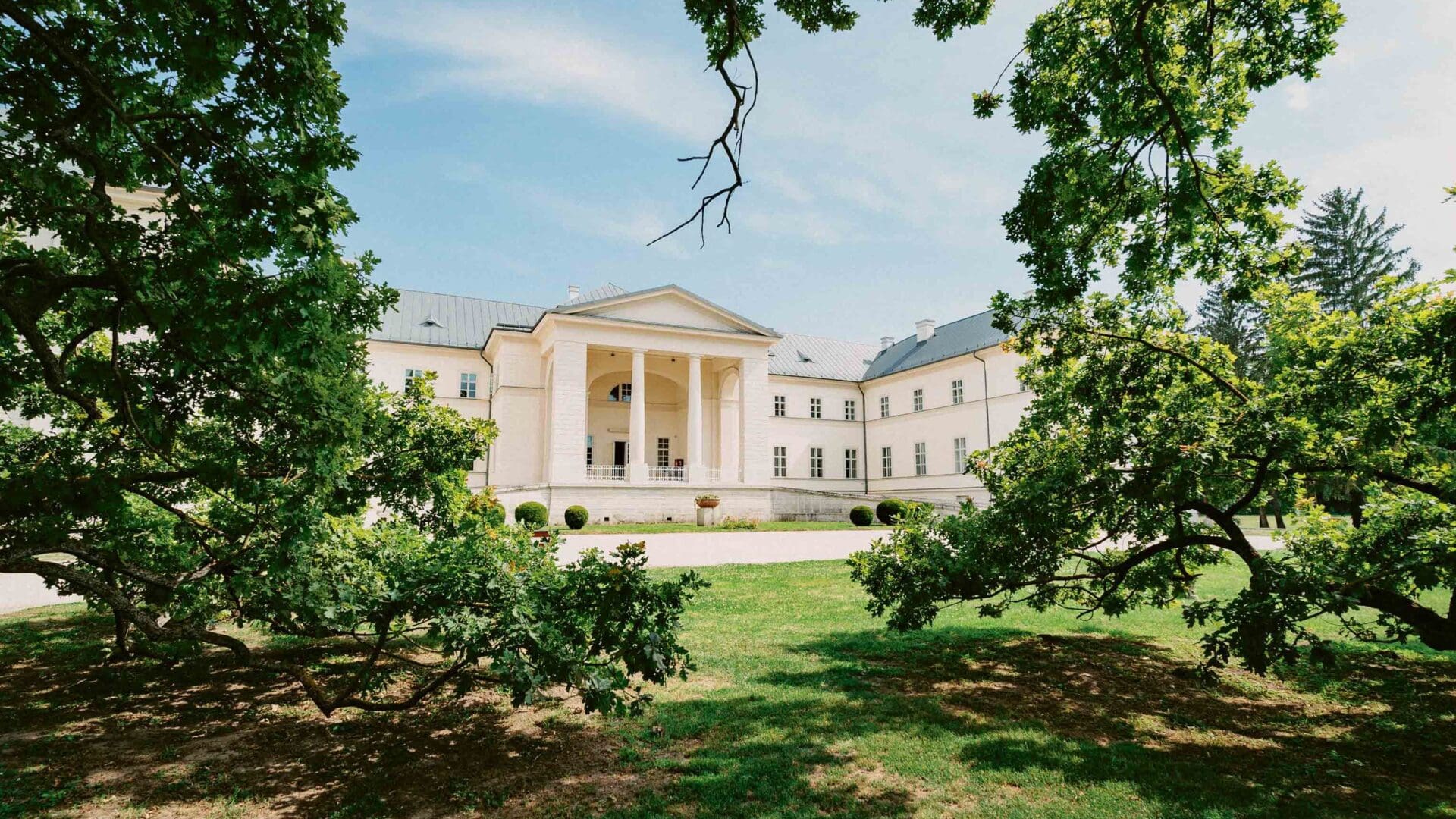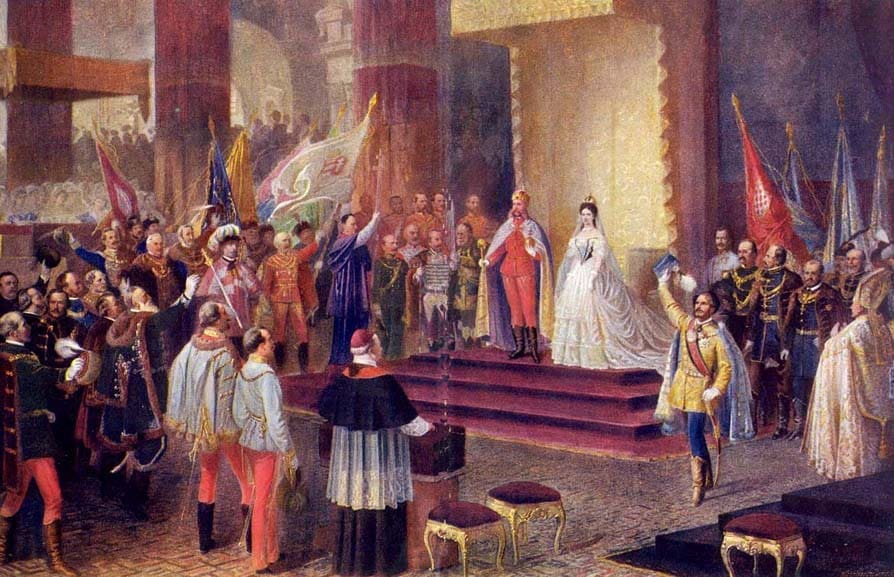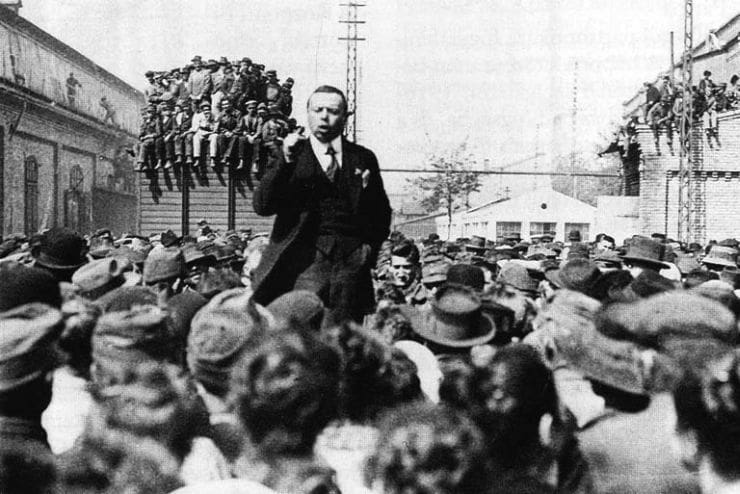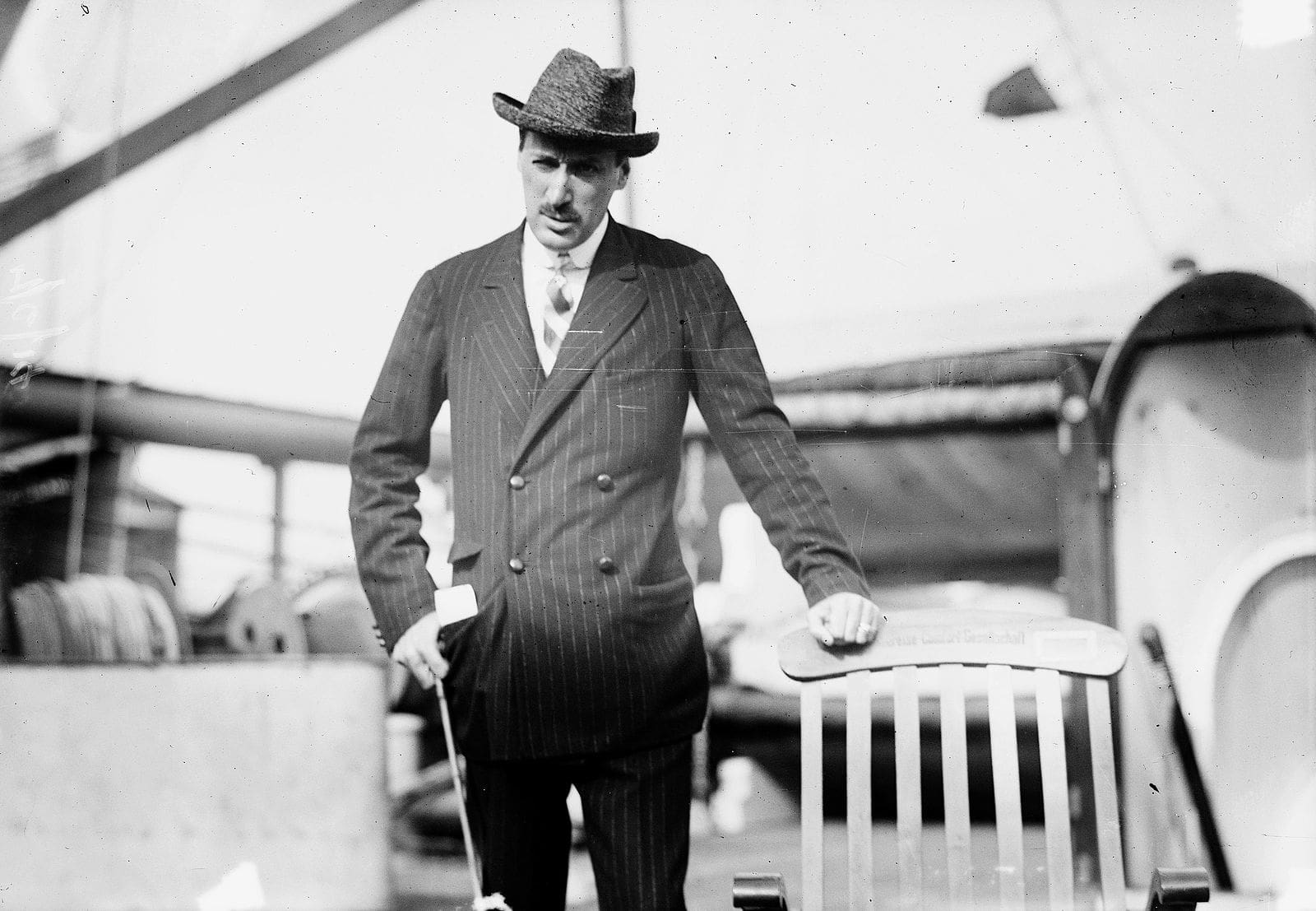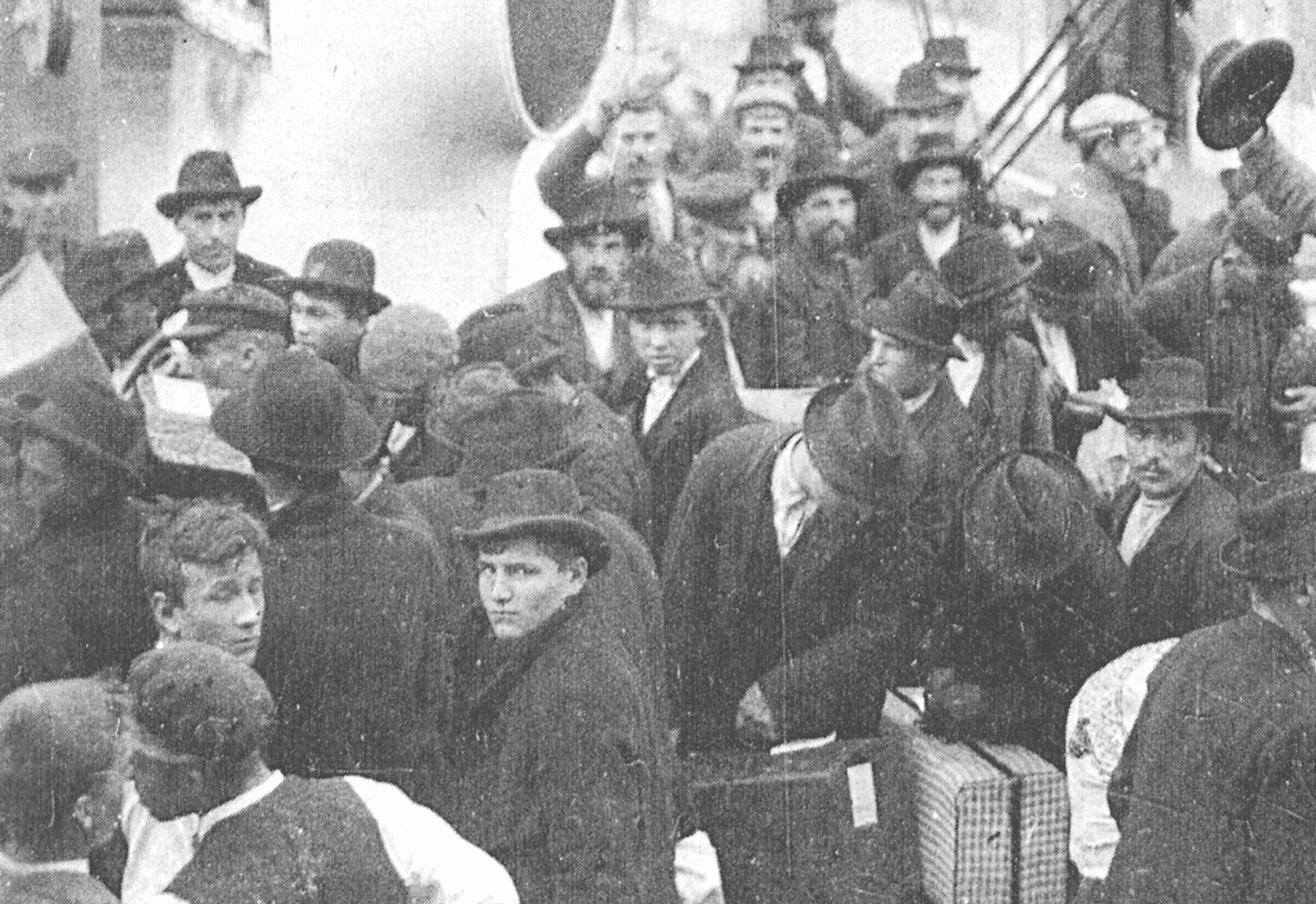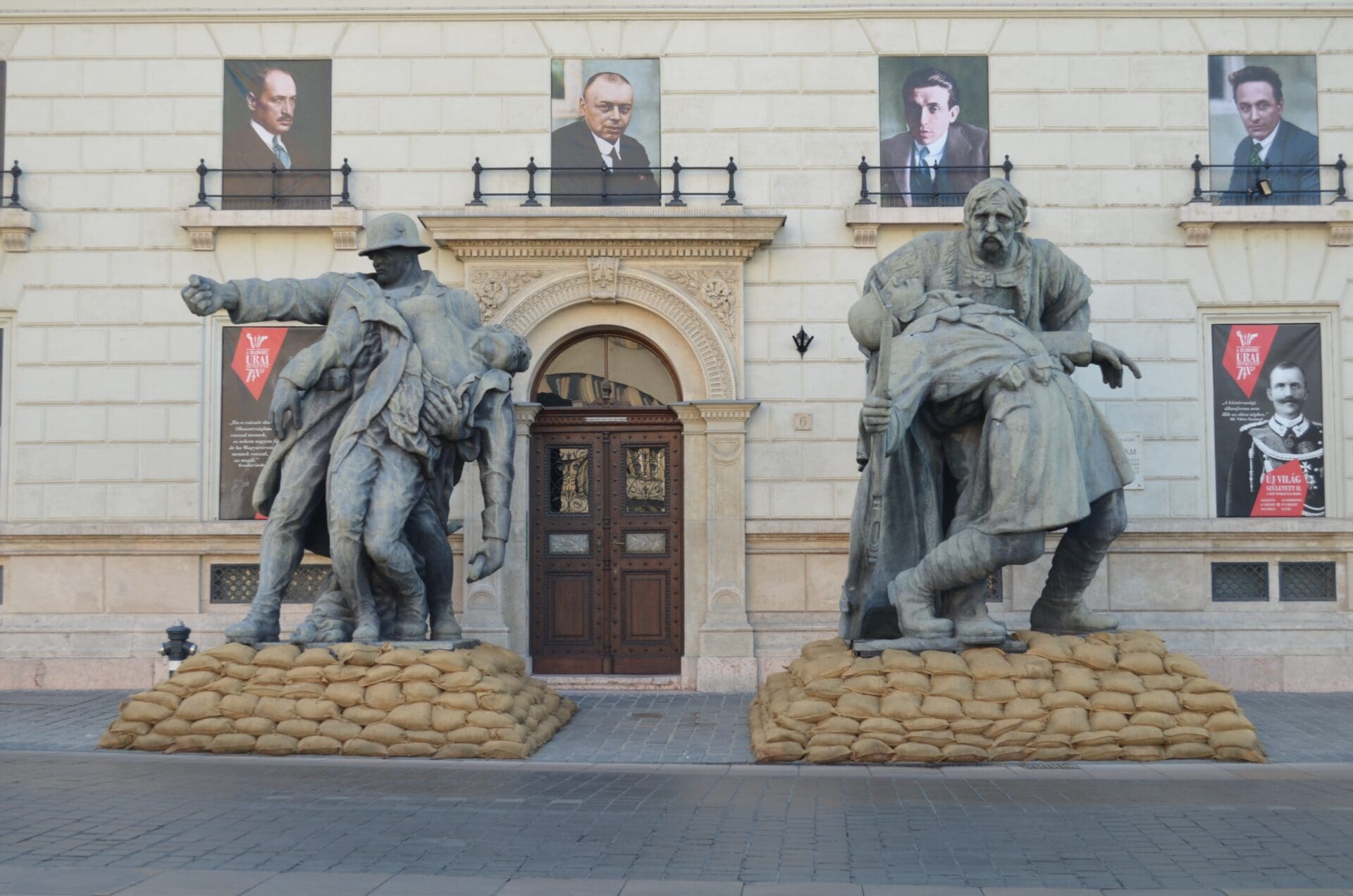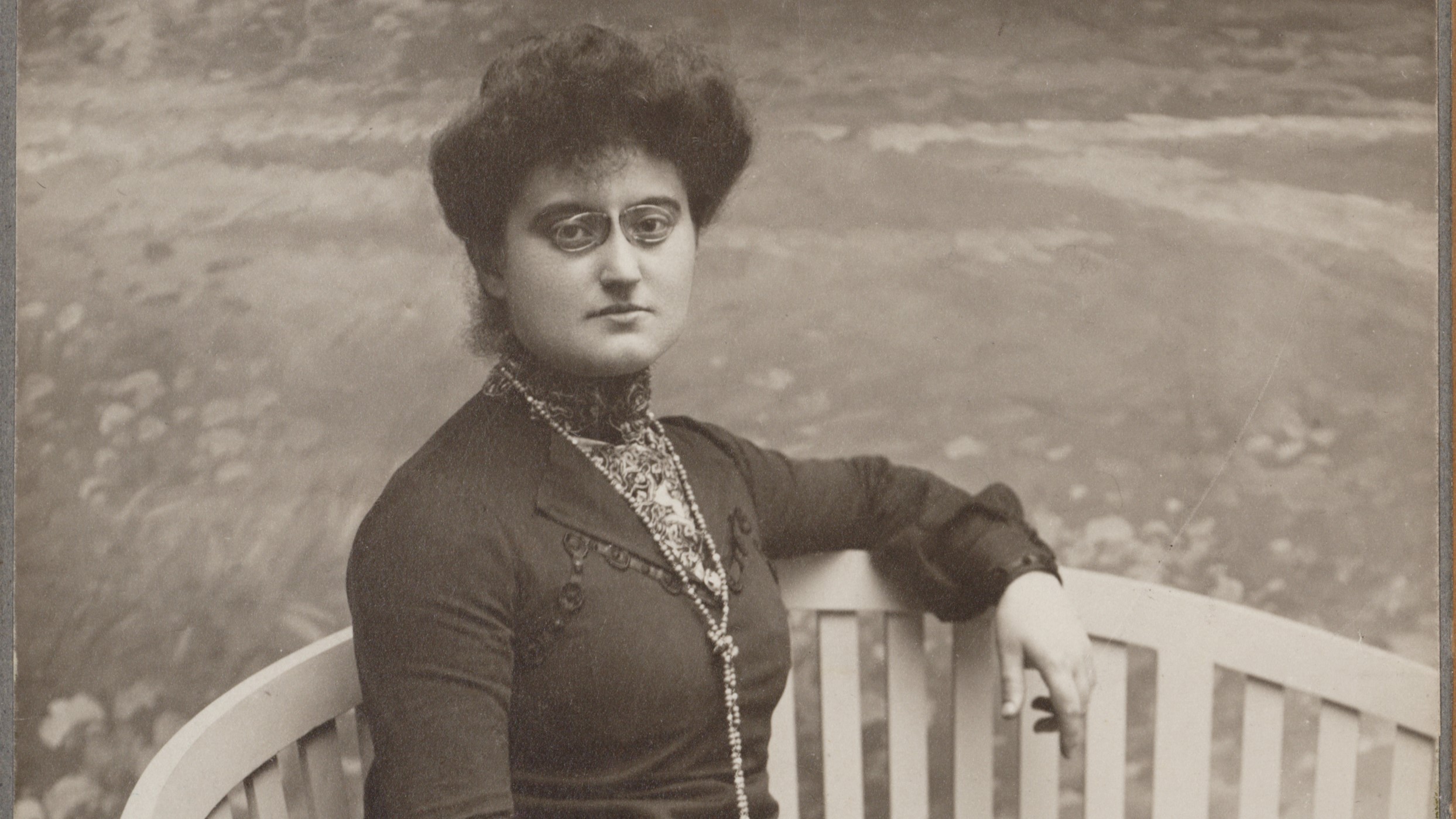
Rosika Schwimmer, the Extraordinary Hungarian Feminist and Pacifist
In recognition of her accomplishments in organizing the feminist Congress in Budapest, Schwimmer was asked to join the International Woman Suffrage Alliance in its London office as a press secretary. Soon after her arrival to the United Kingdom World War I broke out, where Hungary and the UK found themselves in opposing trenches. Shaken by the news of war, Schwimmer committed herself to bringing together feminist and pacifist leaders to stop the bloodshed.

